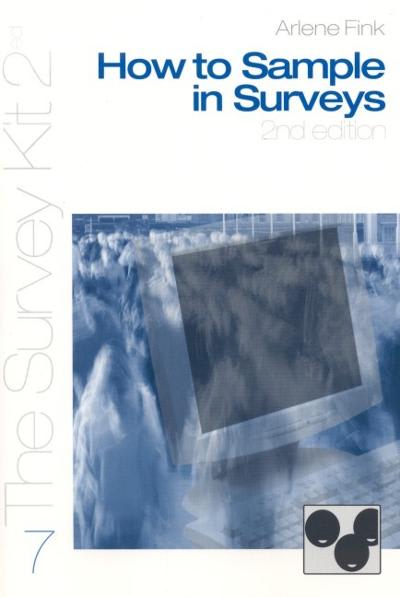Question
Consider this scenario: A family has contacted you about the care of their grandfather, Juan, who has Alzheimer's disease. The nursing home staff report that
Consider this scenario: A family has contacted you about the care of their grandfather, Juan, who has Alzheimer's disease. The nursing home staff report that Juan engages in frequent elopement from the nursing home facility when unattended, and verbal aggression that has caused disruptions to the other nursing home residents. A review of the files shows that the nursing home contracted with a BCaBA who did not conduct a functional behavior assessment but advised setting limits, being consistent with rules, and blocking Juan from engaging in problem behavior. The nursing home staff decided to incorporate these strategies by restricting Juan from accessing the courtyard or roaming the halls, leaving him to stay all day in his room with only accompanied walks to therapies and the dining hall. Juan's behaviors escalated and they have stated they will be ordering the use of chemical restraints to block occurrences of the problem behavior.
Using 3-4 recent scholarly or professional resources.
- Consider Bailey and Burch's (2016) risk-benefit analysis model to outline the risks and benefits of a behavior analyticprocedure. Bailey, J. S., & Burch, M. R. (2016).Ethics for behavior analysts(3rd ed.).Routledge.
- Prepare a formal letter to the familywith your recommendations to conduct the risk-benefit analysis.
- Analyze, within the letter a minimum of five (5) BACB ethical code elements that are relevant to your discussed behavior analytic procedure and this scenario.
Step by Step Solution
There are 3 Steps involved in it
Step: 1

Get Instant Access to Expert-Tailored Solutions
See step-by-step solutions with expert insights and AI powered tools for academic success
Step: 2

Step: 3

Ace Your Homework with AI
Get the answers you need in no time with our AI-driven, step-by-step assistance
Get Started


